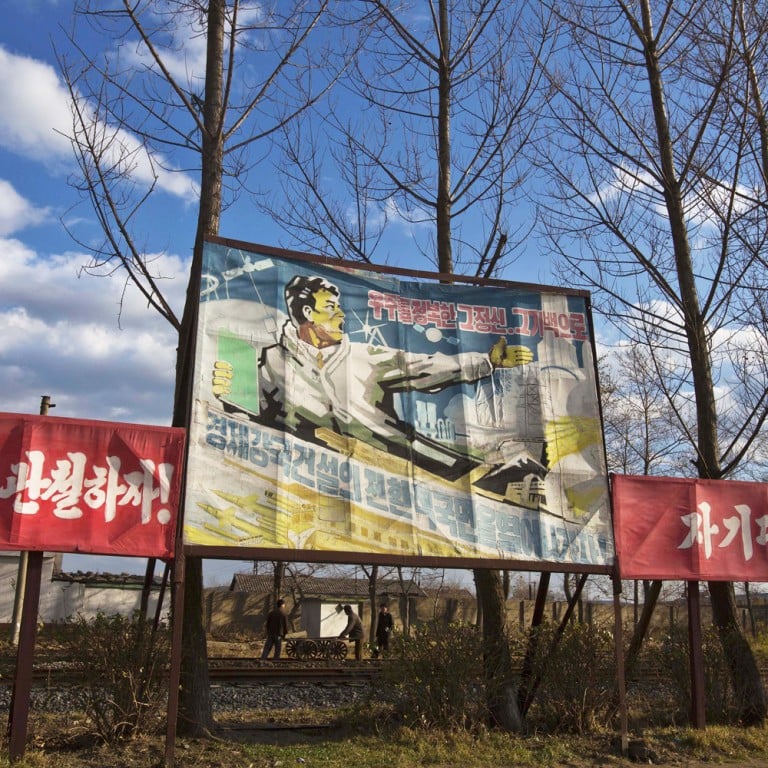
Let economic growth spur change in North Korea
Lee Jong-Wha says a market economy can be built with international help
North Korea's system is failing. Its economy has been stagnating since 1990, with annual per capita income, estimated at US$1,800, amounting to slightly more than 5 per cent of South Korea's. Meanwhile, a food shortage has left millions starving. In order to survive, the world's most closed economy will have to open up.
A more prosperous North Korea - together with peace and stability on the Korean peninsula - would serve the interests not only of North Korea itself, but also of the international community.
This should spur international institutions and North Korea's neighbours to provide the food aid, technical assistance and direct investment that the country needs to make the transition to a market economy. But there remain significant obstacles - not least the North's often unpredictable politics, exemplified by the recent execution of its leader Kim Jong-un's once-powerful uncle, Jang Song-thaek.
North Korea should follow the examples of Vietnam and China, pursuing reforms
The good news is that North Korea's leadership seems to understand that its current troubles stem from its grossly inefficient economic system. In recent speeches, Kim has emphasised the need for economic reform and opening up to develop agriculture and labour-intensive manufacturing industries.
Furthermore, in a bid to attract foreign investment, the government has announced the establishment of 14 new special economic zones. If only out of a sense of self-preservation, North Korean political and military leaders are likely to support this effort, as long as it does not undermine their power.
North Korea should now follow the examples of Vietnam and China, pursuing reforms like deregulation, liberalisation, privatisation and macroeconomic stabilisation, while developing a new legal system and new institutions.
The country certainly does not lack growth potential. While it does not have the agricultural base that initially spurred reforms in China and Vietnam, geographical advantages like natural seaports and rich mineral resources enable it to pursue export-led growth.
Moreover, the relative abundance of well-educated workers implies low initial wages and the ability to compete internationally in labour-intensive manufacturing activities. To this end, a significant share of North Korea's military manpower, which currently amounts to more than 8.5 per cent of the total labour force, could be used for more productive purposes.
North Korea could capitalise on the "catch-up" effect, because its low per capita income level would help to increase investment productivity and facilitate technology transfer from more developed economies.
This implies a significant role for North Korea's neighbours, especially South Korea and Japan.
But there is more to North Korea's situation than economics. The country is locked in a stalemate with the international community, which wants it to denuclearise and become a "normal" country. Given how unlikely North Korea is to denuclearise, at least in the immediate future, an alternative strategy is needed.
The international community, especially South Korea, should support North Korea's efforts to build a more open, market-based economy through expanded trade and investment, while continuing to work towards a compromise on denuclearisation. The resulting prosperity and accessibility could, over time, bring about political change.
For ordinary North Koreans, who are suffering the most under the current system, such a transformation could not be more urgent.
